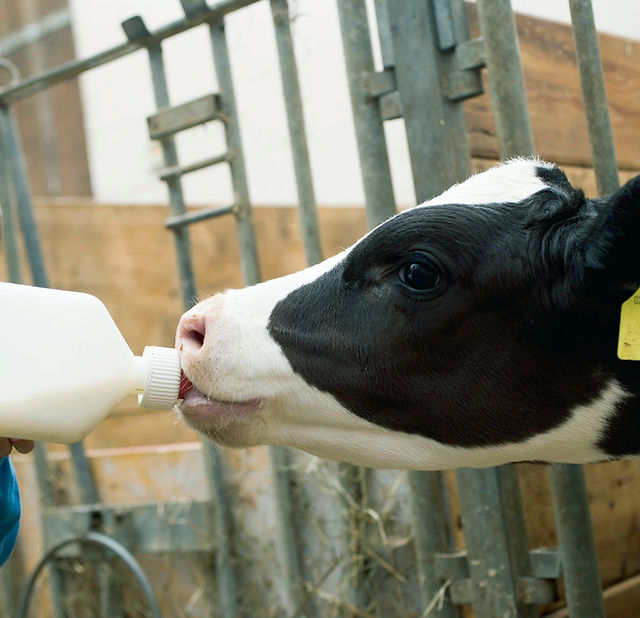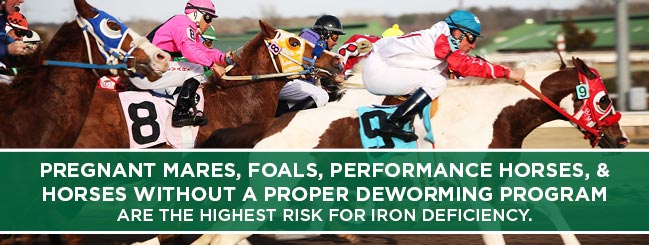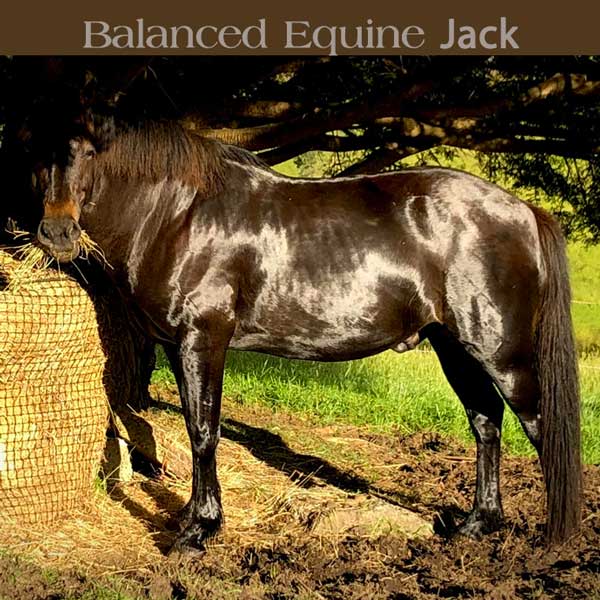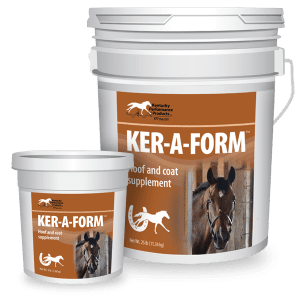Iodine Requirements and Goiter Prevention in Horses

Understanding the importance of iodine in equine health is crucial for preventing thyroid-related disorders such as goiter. This article explores the iodine needs of horses, the causes and symptoms of iodine deficiency, and practical strategies for goiter prevention.
What is Iodine and Why is it Important for Horses?

Iodine is a vital trace mineral necessary for the synthesis of thyroid hormones, which regulate metabolism, growth, and development in horses. Without adequate iodine, horses can develop thyroid gland enlargement, known as goiter, which can impair their overall health and performance.
Iodine Requirements in Horses

The iodine requirement for horses varies depending on age, physiological status, and diet. According to the National Research Council (NRC), the recommended daily iodine intake for adult horses is approximately 0.3 mg per kilogram of dry matter intake. Foals and pregnant or lactating mares may require slightly higher amounts to support growth and fetal development.
| Horse Category | Iodine Requirement (mg/kg dry matter) |
|---|---|
| Adult Horses | 0.3 |
| Pregnant Mares | 0.35 |
| Lactating Mares | 0.4 |
| Foals | 0.35 |
Causes of Iodine Deficiency and Goiter in Horses
Iodine deficiency in horses can result from:
- Low iodine content in soil and forage: Regions with iodine-poor soils produce plants deficient in iodine.
- Excessive intake of goitrogens: Certain plants like brassicas (cabbage, kale) contain substances that interfere with iodine uptake.
- Inadequate supplementation: Horses on diets lacking mineral supplements may not meet their iodine needs.
Goiter manifests as a visible swelling in the neck area due to thyroid gland enlargement. It can lead to symptoms such as lethargy, poor growth, reproductive issues, and in severe cases, respiratory distress.
Preventing Goiter in Horses
Effective prevention strategies include:
- Balanced diet: Ensure forage and feed contain adequate iodine levels.
- Mineral supplementation: Use iodine-containing supplements, especially in iodine-deficient regions.
- Avoidance of goitrogenic plants: Limit access to plants that inhibit iodine absorption.
- Regular veterinary check-ups: Monitor thyroid health and adjust diet accordingly.
FAQ
Q1: How can I tell if my horse has an iodine deficiency?
A: Look for signs such as neck swelling (goiter), poor coat condition, lethargy, and reproductive problems. A veterinarian can perform blood tests to confirm.
Q2: Can too much iodine be harmful to horses?
A: Yes, excessive iodine intake can lead to thyroid dysfunction. It’s important to follow recommended supplementation guidelines.
Q3: Are all horse feeds fortified with iodine?
A: Not all feeds contain added iodine. Check feed labels and consider supplements if necessary.
Q4: What are goitrogens and how do they affect horses?
A: Goitrogens are substances in certain plants that interfere with iodine uptake by the thyroid gland, potentially causing goiter.
Conclusion
Maintaining appropriate iodine levels in a horse’s diet is essential for thyroid health and preventing goiter. By understanding iodine requirements, recognizing deficiency signs, and implementing preventive measures, horse owners can ensure their animals remain healthy and perform optimally.
